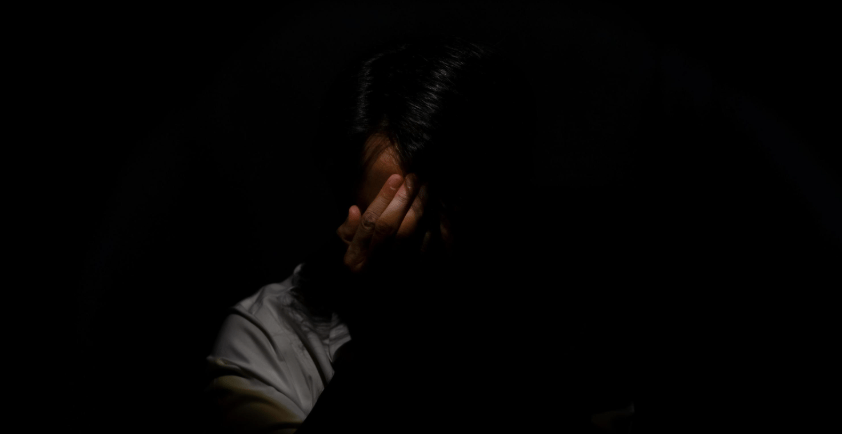Finding Faith in Yourself: A Path to Suicide Prevention
An approach to suicide prevention emphasizing self-love and practical habits to build resilience. Explore stats, insights, and actionable tips.
Tejnoor
10/12/20222 min read


Every year, over 700,000 people die by suicide worldwide, according to the World Health Organization. In the U.S., the CDC reports someone takes their life every 11 minutes—that’s over 45,000 lives lost annually. Globally, countries like Guyana, South Korea, and Latvia face even higher rates, with China alone accounting for a quarter of the world’s total.
These numbers are staggering, but they don’t tell the whole story. What about those who conceal their suicide as an accident due to shame? Or the countless attempts that go unreported? The CDC notes that experiences of violence—child abuse, bullying, or sexual assault—raise suicide risk, making prevention a priority. Among Americans, suicide is the 10th leading cause of death, outpacing drug overdoses and nutritional deficiencies. For youth aged 15-19, it’s one of the top three.
Suicide’s causes are complex, and solutions aren’t as simple as therapy, exercise, clean eating, or relationships. The heart of prevention lies in one thing: faith in yourself. Call it self-love or self-care—whatever the term, it’s about believing you can overcome challenges without feeling selfish or narcissistic. No one who truly trusts their own strength and potential takes their life.
Beyond statistics and standard advice, I want to share practical wisdom drawn from professionals, conversations, and personal reflection. Here’s how to build resilience and protect your mental health holistically:
Build Sustainable Habits: Research shows quality sleep, exercise, nutrition, and social connection boost happiness. Create routines you can stick with to avoid emotional highs and lows.
Let Go of Toxic Relationships: It’s not selfish to walk away from connections that drain you. Relationships should lift you up, not burn you out. People evolve, and sometimes that means parting ways when values no longer align.
Family Isn’t Mandatory: It’s okay to distance yourself from biological family if it’s healthier for you. Those without traditional family structures aren’t doomed—they can thrive with chosen support systems.
Recognize Vices: Acknowledge when habits (like excessive drinking or scrolling) become unhealthy coping mechanisms. Awareness is the first step to change.
Embrace Discomfort: Growth happens outside your comfort zone—not through reckless acts like cliff diving, but by pursuing fulfilling challenges that push your boundaries.
Focus on your growth, surround yourself with people who give you purpose, and strive to be 1% more empathetic each day. Suicide prevention starts with believing in your own worth.
Resources
Achieve
Transform your fitness with personalized coaching today.
CONTACT
Thrive
one@tejnoor.com
© 2025. All rights reserved.
